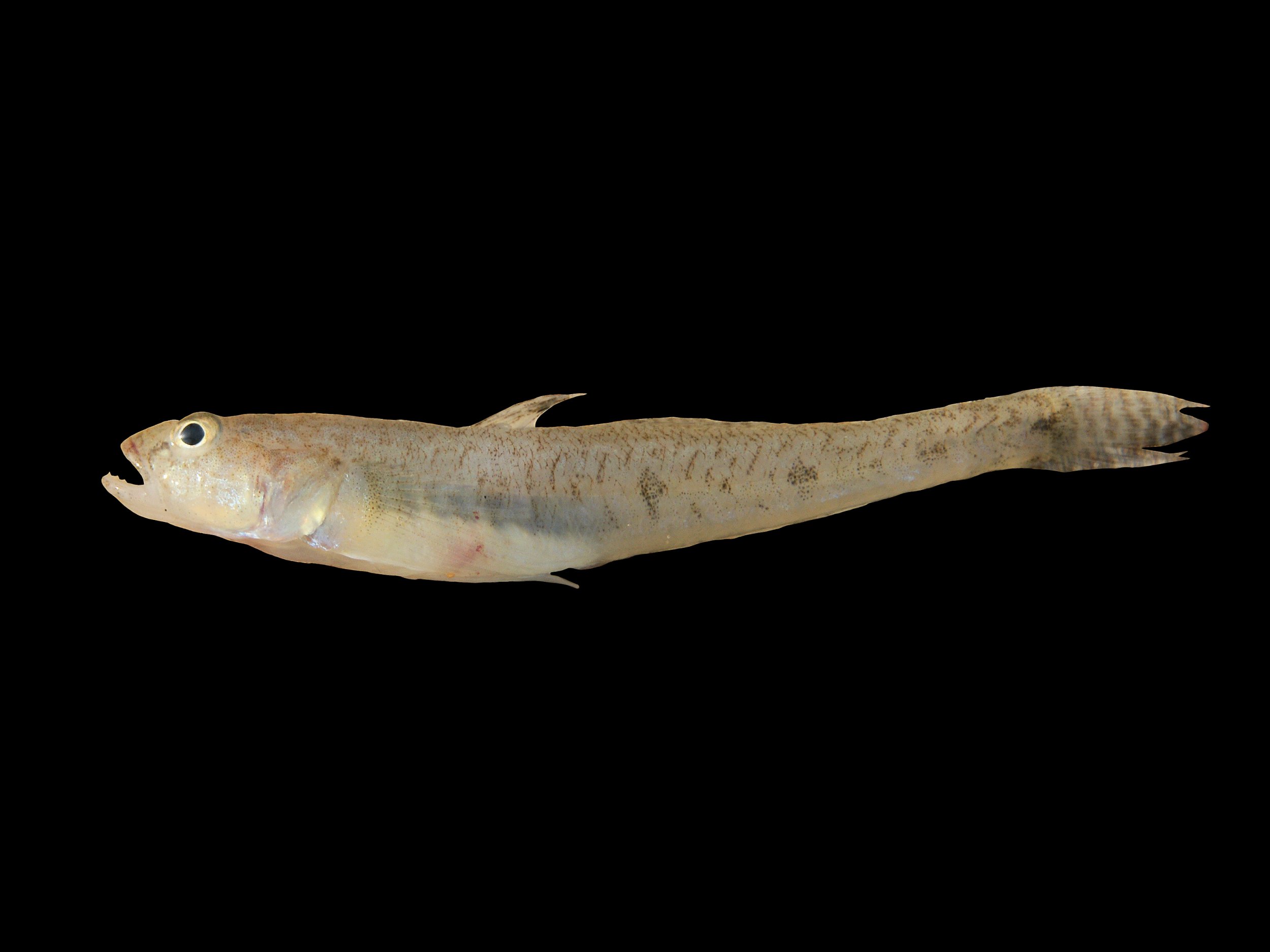
Like tiny, aquatic Marvin Gayes, some species of fish will sing to attract mates. But there is trouble among the underwater crooners: noise pollution disrupts their mating behaviors—and, in turn, their ability to reproduce and make more fish.
According to a doctoral thesis by marine ecologist Eva-Lotta Blom at The University of Gothenberg in Sweden, two species of fish called the sand and common gobies make different "songs" to encourage a female to lay her eggs in his nest. Blom describes the sounds of the sand goby as a purring cat and the sound of the common goby as a woodpecker.
The male fish start by creating a nest out of a hole or an empty clamshell. When the female swims by, the male calls out. If she likes what she hears, then she agrees to deposit her eggs, which the male fertilizes and then looks after until they hatch.
But, according to the research, female fish need to be able to hear the songs in order to decide where to lay their eggs. Amid the rumbling of boats and other man-made noises, the female fish may not receive the signal.
To test this idea, scientists put gobies in several separate tanks, each with two female fish and one male, and watched them attempt to reproduce.They played noise in some tanks that was at the same frequency of a leisure boat, some intermittently and some continuously, and the other tanks were silent.
In the silent tank, 54 percent of the males received eggs. With intermittent noise, 39 percent got eggs. With continuous noise, only 14 percent of the males were successful.
Furthermore, fish experienced several problems in noisy environment. Many of them did not mate, and those that did took longer. Furthermore, half of the eggs died before hatching, and those that survived took longer to hatch. The fish in the silent tanks mated faster, more, and had more surviving offspring.
Even if boats are far away, they can still disrupt reproduction. Sound travels five times as fast and as long underwater. These two goby species are integral to a healthy ecosystem, as they are a major food source for bass. Too much sound could mean fewer baby gobies, and fewer gobies means less food for bass, and that, in turn can have a domino effect on the rest of the animals in the area.
Uncommon Knowledge
Newsweek is committed to challenging conventional wisdom and finding connections in the search for common ground.
Newsweek is committed to challenging conventional wisdom and finding connections in the search for common ground.
About the writer
Kristin is a science journalist in New York who has lived in DC, Boston, LA, and the SF Bay Area. ... Read more
To read how Newsweek uses AI as a newsroom tool, Click here.








